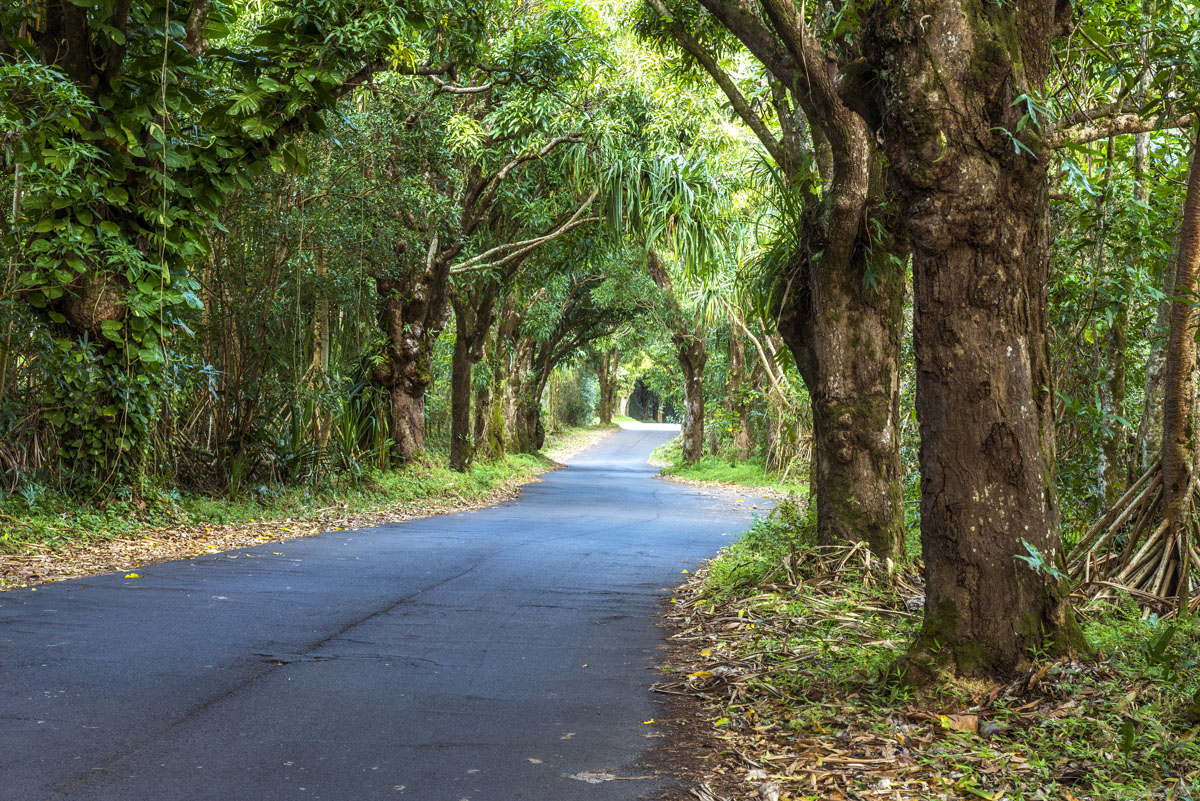Although Arbor Care is not a legal service nor does it offer legal advice, we sometimes face having to cut down or trim a tree or trees that have been part of a recent legal dispute. Should you be facing a situation with a neighbor where a tree is becoming an issue, read on to learn more regarding your options.
Can I Trim Branches From A Neighbors Tree That Overhangs My Yard?
Under law you can indeed trim branches that go beyond the neighbors property line and infringe on yours. This means you cannot enter the property of the neighbor or trim the tree on the neighbors side of the property line. If the tree is harmed you may be found liable for a fine up to and including three times the value of the tree. Landmark trees or trees for ornamental purposes may have a very high value, so be careful before deciding on a course of action.
Can I Eat The Fruit From A Tree Overhanging My Property?
The fruit from the tree belongs to the owner of the tree and courts have gone back and forth on deciding whether fallen fruit belongs to the owner or the person whose property the fruit falls on. The laws will depend on your location.
My Neighbor Blows Leaves Into My Yard. Is This Grounds For A Nuisance Claim?
Sadly not. Leaves are a natural product and even if they cause clogging to drains or guttering you have no recourse. You can however trim the branches of a tree that is shedding leaves up to the edge of your property line.
A Neighbor Killed A Tree On My Property When Clearing His Yard. Am I Entitled To Compensation?
Anyone who engages in injury to the tree, tree cutting or tree removal without the owner’s permission is liable for compensating the tree owner.
A Storm Knocked Down My Neighbor’s Tree Limb Onto My Property And It Damaged My Car, House And Yard Furniture. Are They Responsible For The Damages?
In most of these cases, the courts will probably apply what is known as a reasonable care standard. If your neighbor was not derelict in their duties to take care and maintain the tree branch and would not appear in the view of a reasonable person to be threatening to fall, then it is probable a court would not find the neighbor responsible. If the event could not have been foreseen or action taken to avoid the event occurring, it will be deemed an “Act Of God” and the neighbor will not be liable.
My Neighbors Tree Looks Like It’s Going To Fall On My House. What Should I Do?
The responsibility of maintaining trees falls upon the landowner. They have two legal responsibilities. Firstly, they make reasonable inspections with the purpose of ensuring the tree is safe. If the neighbor does not or will not remove the tree and damage is caused, your neighbor can be held responsible. If, having spoken to your neighbor, they do not do anything, you do have some laws that may offer protection. The tree may be considered a nuisance when it interferes with the enjoyment and use of your own property. The court may order the removal of the tree is a court finds it is a nuisance. Most cities have ordinances prohibiting property owners from maintaining conditions that may be considered dangerous on their property. In such cases, the municipality where you reside may order the neighbor to remove the tree or they may take it upon themselves to remove it. It may also be that one of the local utility companies will want the tree removed if it threatens any of their equipment or is a potential fire hazard.
The Spreading Of Tree Roots On My Land Damaged My Neighbors Septic Tank. Do I Have To Compensate My Neighbors?
In most states, the neighbor who has been aggrieved may trim the tree or cut the roots and will not have a claim against the owner of the tree. Yet some states maintain neighbors may sue if at least one of the following criteria is met:
- A landowner may sue her neighbor to make that neighbor trims the branches of a tree that encroach the landowner’s property regardless of whether there is damage to the property or not.
- Serious harm caused by encroaching tree roots or tree limbs may give rise to a lawsuit. “Serious harm” usually requires structural damage.
- The neighbor may sue if an encroaching tree was planted.
- A neighbor may only sue if the tree is noxious and is causing damage. “Noxious” means that the tree must be inherently poisonous or dangerous.




